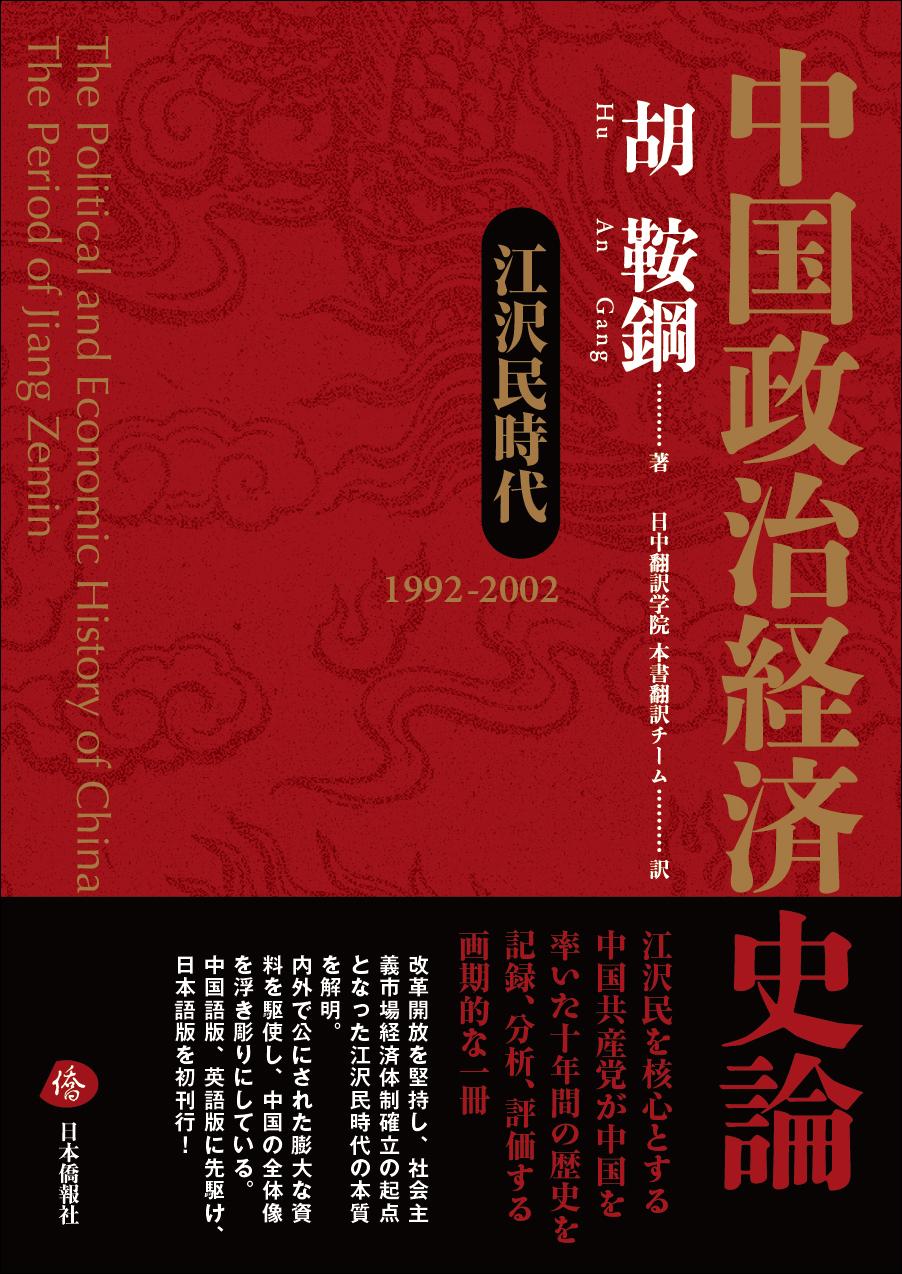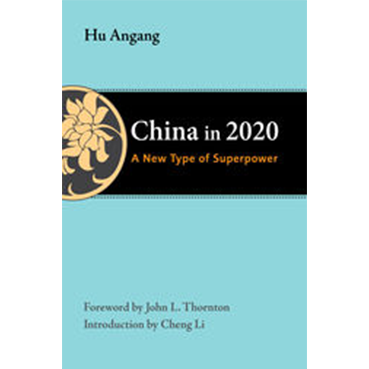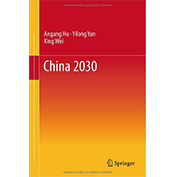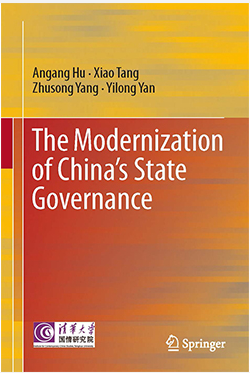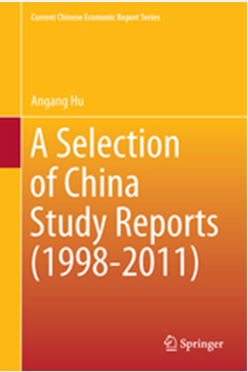
The Center for China Studies is among China’s most influential think-tanks, and its China Studies Reports are read at the highest levels of government. Now for the first time, the most important of these reports is collected in book form in English, providing a fascinating insight into the challenges and opportunities for Chinese development and the government’s thinking on economic and social issues. Including comparative studies with developed and developing nations, analysis of past economic performance and future trends, and effects of demographic shifts such as population ageing and urbanization, this book is an essential collection of research and includes notes made by central party leaders. Compiled by the founder of the Center for China Studies, one of the country’s leading economists, this book is key to understanding Chinese development and the likely future path of government policy. 1. Why Does China's Economy Grow So Fast? 2. Comprehensive National Power (1980-2000): A Comparison Study of US, Russia, Japan, India and China 3. Why China's TFP Has Dropped (1995-2001) 4. From Unevenness to Co-ordination for China's Regional Development (1978-2004) 5. China's Economic Growth and Poverty Reduction (1978-2002) 6. China's Macro-Economy and Health 7. Developing Human Resources to Cope with an Ageing Society 8. China's Urban Unemployment and Social Safety 9. Genuine National Savings and Natural Capital Cost in China (1970-2001) 10. Corruption: An Enormous Black Hole 11. Second Transition of the Communist Party of China: From Economic Development to Institutional Building. Conclusion Angang Hu is Professor at the School of Public Policy and Management of Tsinghua University, head of the Center for China Studies of Tsinghua University and the China Academy of Sciences. He has published over 50 books on public policy and China Studies, including China: New Conception of Development (2004).Table of Contents
About the Author

